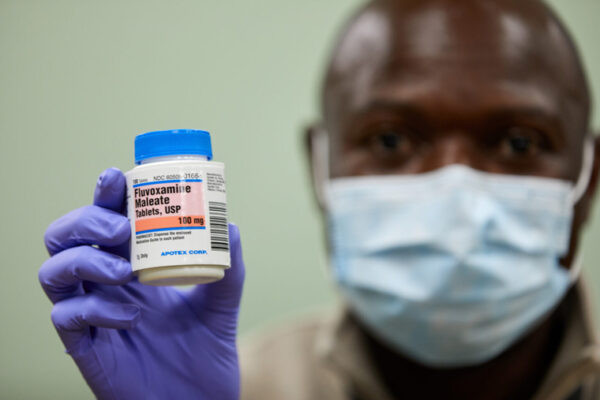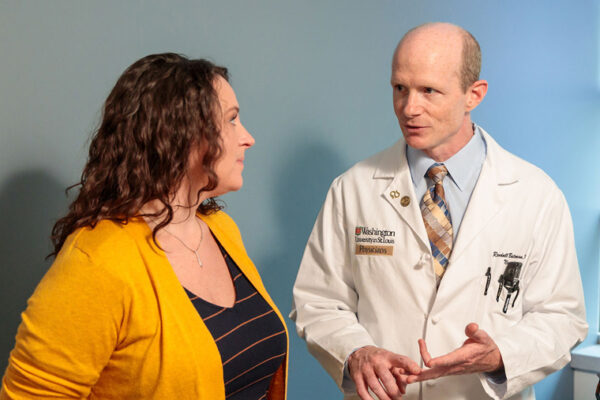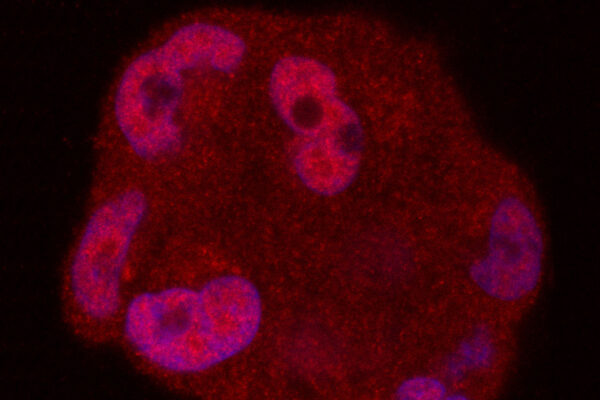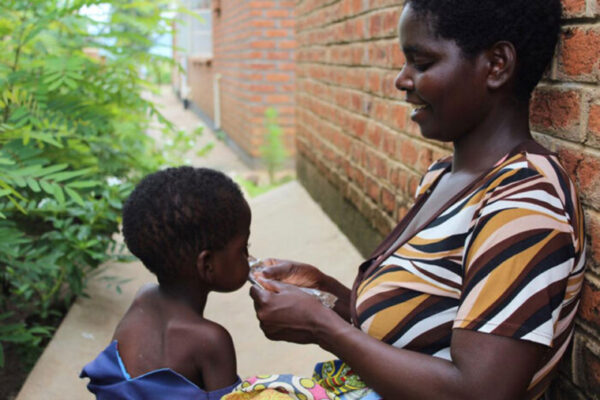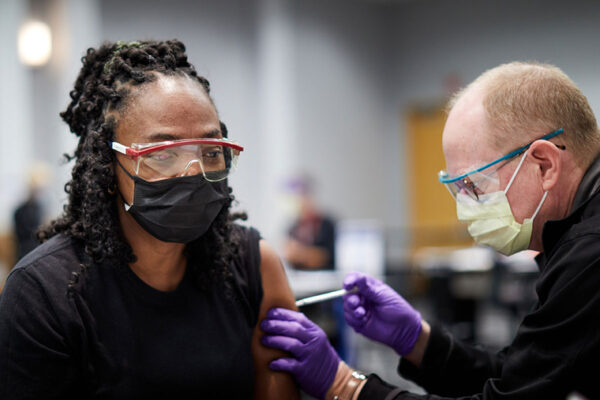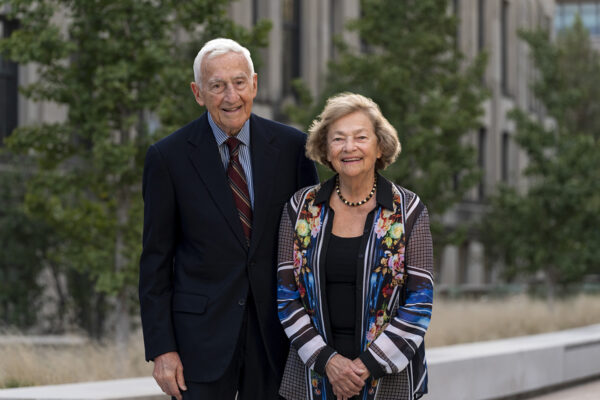Antidepressant may prevent severe COVID-19, follow-up study indicates
Researchers at Washington University School of Medicine have found that the drug fluvoxamine has been shown, in a pair of studies conducted on two continents, to be an effective treatment for people sick with COVID-19.
International Alzheimer’s clinical trial to test two drugs in combination
The Dominantly Inherited Alzheimer Network Trials Unit (DIAN-TU) at Washington University School of Medicine has announced that it will be targeting two key Alzheimer’s proteins — amyloid and tau — as part of its Tau Next Generation Alzheimer’s prevention trial.
New strategy against treatment-resistant prostate cancer identified
A study from Washington University School of Medicine has identified an RNA molecule that suppresses prostate tumors. According to the research, restoring this so-called long noncoding RNA could be a new treatment strategy.
Cancer moonshot grant funds research into reducing health disparities
Washington University School of Medicine has received a $17 million grant from the National Institutes of Health (NIH) to address disparities in cancer research, treatment and outcomes in underrepresented populations.
Popular heart failure drug no better than older drug in sickest patients
A new study led by researchers at Washington University School of Medicine suggests that a widely used heart failure drug named sacubitril/valsartan is no better than valsartan alone in patients with severe heart failure.
Enhanced therapeutic foods improve cognition in malnourished children
A nutritional supplement popular in the U.S. and added to some types of yogurt, milk and infant formula can significantly improve cognition in severely malnourished children, according to a study led by researchers at Washington University School of Medicine.
COVID-19 boosters: An update with experts Lawrence and LeBlanc
Steven Lawrence, MD, an infectious disease specialist at the School of Medicine, and Cheri LeBlanc, MD, executive director of the Habif Health & Wellness Center on the Danforth Campus, explain how booster shots work, why the university is not requiring boosters at this time and the outlook for COVID on campus.
$15 million gift to strengthen life science education, research across university
P. Roy Vagelos, MD, and his wife, Diana Vagelos, are providing $15 million to support the university’s Division of Biology & Biomedical Sciences. The gift will fund undergraduate and graduate work in the life sciences. The couple made the gift to honor former Chancellor William H. Danforth, MD, who died last year.
Warning labels on soda bottles, restaurant menus could reduce obesity, save health-care costs
Warning labels on sugar-sweetened beverages and menu labeling requirements for chain restaurants could be a cost-effective policy leverage to prevent weight gain and reduce medical expenses, but their impact is expected to fade over time, finds a new study from the Brown School.
More sleep leads to better grades and well-being
Research from Tim Bono, lecturer in psychological and brain sciences in Arts & Sciences, finds that students who get a good night’s sleep night in and night out earn higher marks and have greater well-being.
Older Stories
